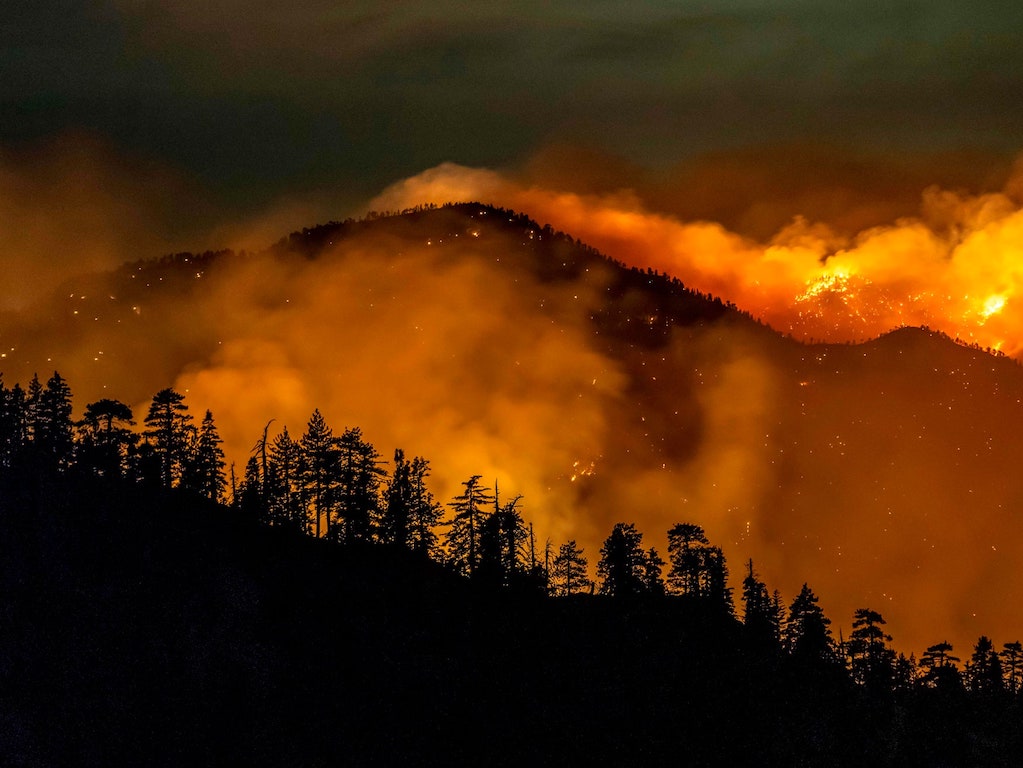3 Mins Read
Our planet is already “committed” to a global temperature rise in excess of 2°C from the greenhouse gases already emitted into the atmosphere, scientists say in a new study. While the prediction is dire, the researchers add that there is a glimmer of hope, finding we may be able to stabilise the rate of global heating if the world is able to reach net-zero emissions quickly, placing greater urgency on the need for collective climate action.
Published in the journal Nature Climate Change, the new study conducted by an international group of researchers from Californian federal research facility Lawrence Livermore National Laboratory (LLNL), Texas A&M University and Nanjing University in China examines how much global warming the planet is already “committed” to given the emissions we have already added to the atmosphere.
According to their calculations, which are based on climate model simulations and observations including those that accounts for changes in the geographic pattern of surface warming, the planet will see heating in excess of 2°C – just from the emissions already added and not factoring in our future emissions that continue to be rising year after year.
The bad news is that our results suggest that we have most likely already emitted enough carbon dioxide to exceed 2°C. [But] if we can get net emissions to near zero soon, it may take centuries to exceed 2°C.
Andrew Dessler, Co-Author & Researcher, Texas A&M University
These results appear to spell doom for the goals outlined in the Paris agreement that seeks to limit temperature rise to well below 2°C, preferably to 1.5°C degrees Celsius, compared to pre-industrial levels, suggesting that we are well on our way to disastrous consequences that scientists have been warning, from sea-level rise causing mass displacement to drought and wildfires.
However, the researchers also found that we may be able to curtail some of the worst impacts of the climate crisis if we swiftly get the entire planet to net-zero emissions. This means that the previous assumption that global heating would be locked-in for generations to come may not necessarily be the case, that if the planet cuts emissions dramatically, we do have a chance to slow the pace of temperature rise to potentially centuries.
“Typically, committed warming is estimated assuming that changes in the future will pretty much follow changes in the past,” said co-author of the paper and atmospheric scientist Mark Zelinka of the LLNL. “But we now know that this is a bad assumption.”
This finding increases the urgency of reducing greenhouse gas emissions in order to achieve the Paris Agreement targets.
Mark Zelinka, Co-Author & Atmospheric Scientist, LLNL
“The bad news is that our results suggest that we have most likely already emitted enough carbon dioxide to exceed 2°C,” said co-author Andrew Dessler, researcher at Texas A&M University. “[But] if we can get net emissions to near zero soon, it may take centuries to exceed 2°C.”
“This finding increases the urgency of reducing greenhouse gas emissions in order to achieve the Paris Agreement targets,” added Zelinka.
A separate report published recently by scientists and experts at The Lancet has urged the world to now focus on a sustainable rebuilding plan from the coronavirus crisis, which has only further underlined the disasters that will emerge from continued ecological degradation.
Among the key actions recommended in the report include immediately ending fossil fuels, putting net-zero at the heart of economic plans, and to encourage a mass shift away from carbon-intensive meat and dairy-laden diets towards more planet-friendly plant-based eating.
Lead image courtesy of Kyle Grillot / Getty Images.




